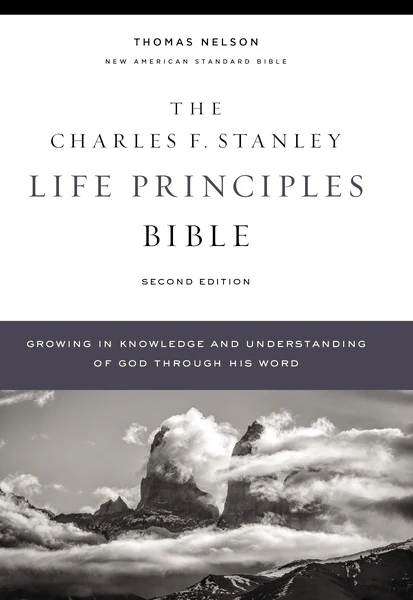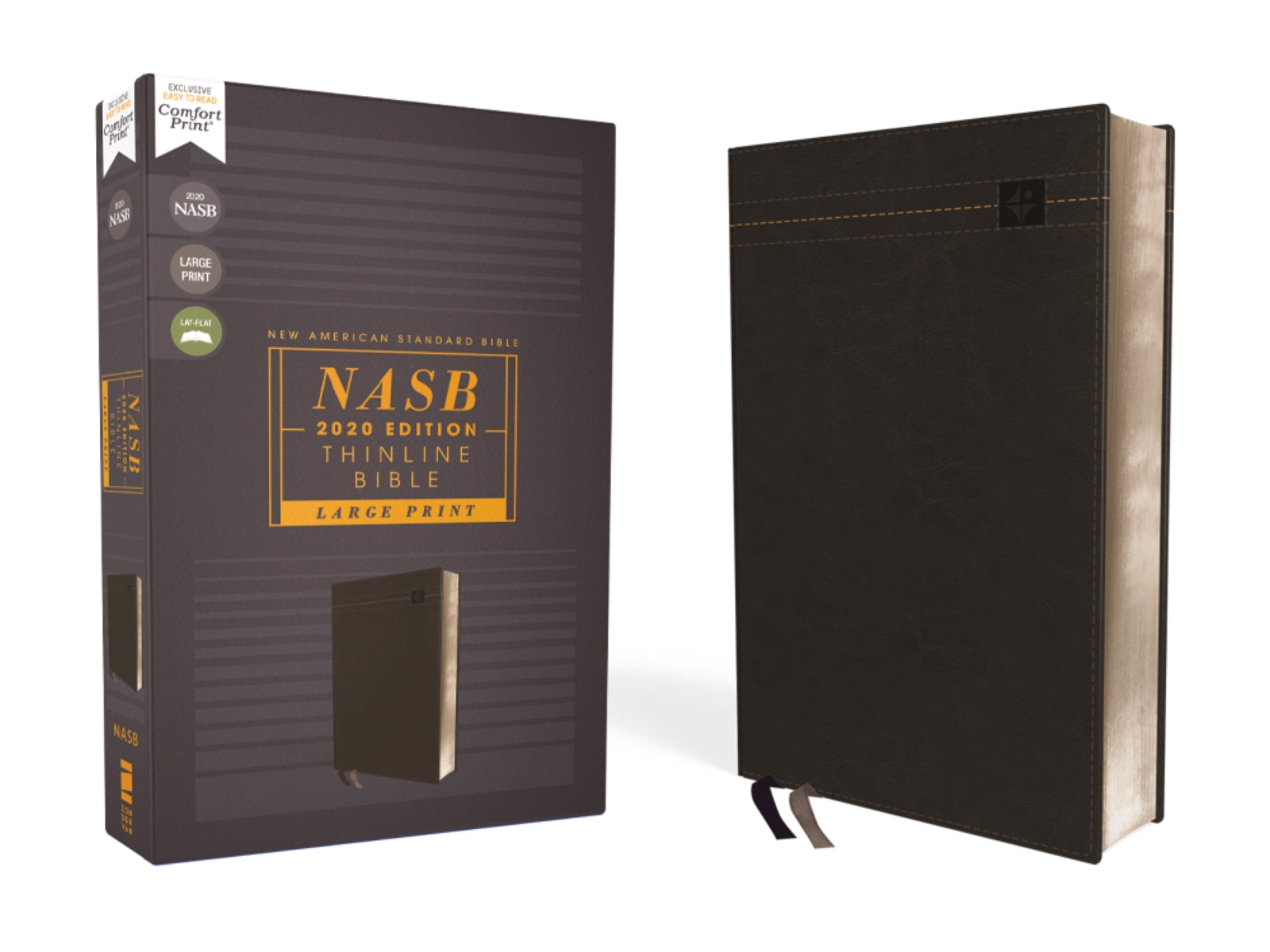Psalm 32:1-7
New American Standard Bible
Blessedness of Forgiveness and of Trust in God.
A Psalm of David. A [a]Maskil.
32 (A)How blessed is he whose wrongdoing is forgiven,
Whose sin is covered!
2 How blessed is a person whose guilt the Lord (B)does not take into account,
And in whose spirit there is (C)no deceit!
3 When (D)I kept silent about my sin, (E)my [b]body wasted away
Through my [c](F)groaning all day long.
4 For day and night (G)Your hand was heavy upon me;
My [d](H)vitality failed as with the dry heat of summer. Selah
5 I (I)acknowledged my sin to You,
And I (J)did not hide my guilt;
I said, “(K)I will confess my wrongdoings to the Lord”;
And You (L)forgave the guilt of my sin. Selah
6 Therefore, let everyone who is godly pray to You [e](M)in a time when You may be found;
Certainly (N)in a flood of great waters, they will not reach him.
7 You are (O)my hiding place; You (P)keep me from trouble;
You surround me with [f](Q)songs of deliverance. Selah
Footnotes
- Psalm 32 Title Possibly Contemplative; or Didactic; or Skillful Psalm
- Psalm 32:3 Or bones, substance
- Psalm 32:3 Lit roaring
- Psalm 32:4 Lit life juices were turned into the drought of summer
- Psalm 32:6 Lit in a time of finding out
- Psalm 32:7 Or shouts
Isaiah 1:1-9
New American Standard Bible
Rebellion of God’s People
1 The vision of Isaiah the son of Amoz concerning (A)Judah and Jerusalem, which he saw during the [a]reigns of (B)Uzziah, (C)Jotham, (D)Ahaz, and (E)Hezekiah, kings of Judah.
2 (F)Listen, heavens, and hear, (G)earth;
For the Lord has spoken:
“(H)Sons I have raised and brought up,
But they have (I)revolted against Me.
3 An ox knows its owner,
And a donkey its master’s manger,
But Israel (J)does not know,
My people (K)do not understand.”
4 Oh, sinful nation,
People weighed down with guilt,
[b](L)Offspring of evildoers,
Sons who (M)act corruptly!
They have (N)abandoned the Lord,
They have (O)despised the Holy One of Israel,
They have turned away [c]from Him.
5 Where will you be stricken again,
As you (P)continue in your rebellion?
The entire head is (Q)sick
And the entire heart is faint.
6 (R)From the sole of the foot even to the head
There is (S)nothing healthy in it,
Only bruises, slashes, and raw wounds;
(T)Not pressed out nor bandaged,
Nor softened with oil.
7 Your (U)land is desolate,
Your cities are burned with fire;
As for your fields, strangers are devouring them in front of you;
It is desolation, as overthrown by strangers.
8 The daughter of Zion is left like a shelter in a vineyard,
Like a watchman’s hut in a cucumber field, like a city under watch.
9 (V)If the Lord of armies
Had not left us a few (W)survivors,
We would be like (X)Sodom,
We would be like Gomorrah.
Footnotes
- Isaiah 1:1 Lit days
- Isaiah 1:4 Lit Seed
- Isaiah 1:4 Lit backward
John 8:39-47
New American Standard Bible
39 They answered and said to Him, “Abraham is (A)our father.” Jesus *said to them, “(B)If you are Abraham’s children, do the deeds of Abraham. 40 But as it is, (C)you are seeking to kill Me, a Man who has (D)told you the truth, which I heard from God; this Abraham did not do. 41 You are doing the deeds of (E)your father.” They said to Him, “We were not born as a result of sexual immorality; (F)we have one Father: God.” 42 Jesus said to them, “If God were your Father, (G)you would love Me, (H)for I came forth from God and am here; for I have (I)not even come [a]on My own, but [b](J)He sent Me. 43 Why do you not understand [c](K)what I am saying? It is because you cannot (L)listen to My word. 44 (M)You are of (N)your father the devil, and (O)you want to do the desires of your father. (P)He was a murderer from the beginning, and does not stand in the truth because (Q)there is no truth in him. Whenever he tells [d]a lie, he (R)speaks from his own nature, because he is a liar and the father of [e]lies. 45 But because (S)I say the truth, you do not believe Me. 46 Which one of you convicts Me of sin? If (T)I speak truth, why do you not believe Me? 47 (U)The one who is of God hears the words of God; for this reason you do not hear them, because you are not of God.”
Read full chapterNew American Standard Bible®, Copyright © 1960, 1971, 1977, 1995, 2020 by The Lockman Foundation. All rights reserved.
Bible Gateway Recommends






